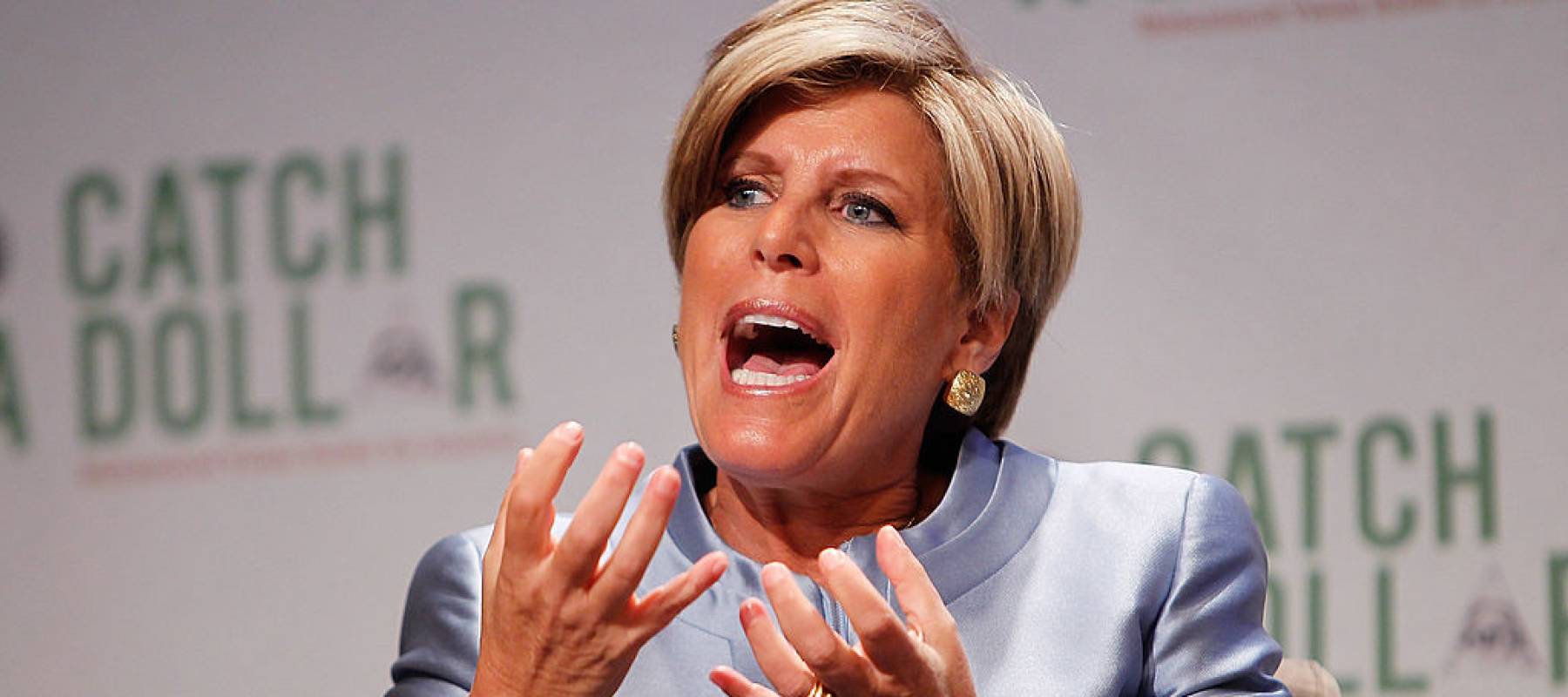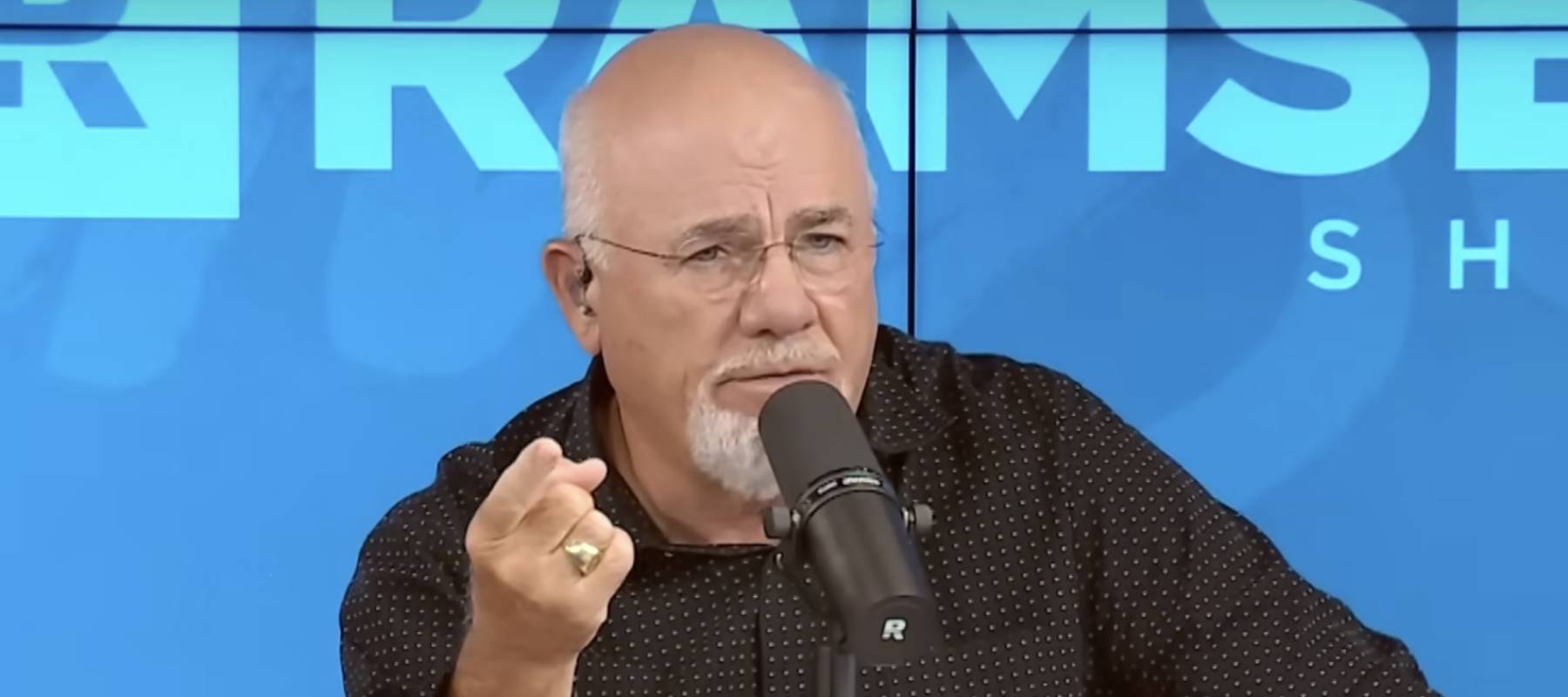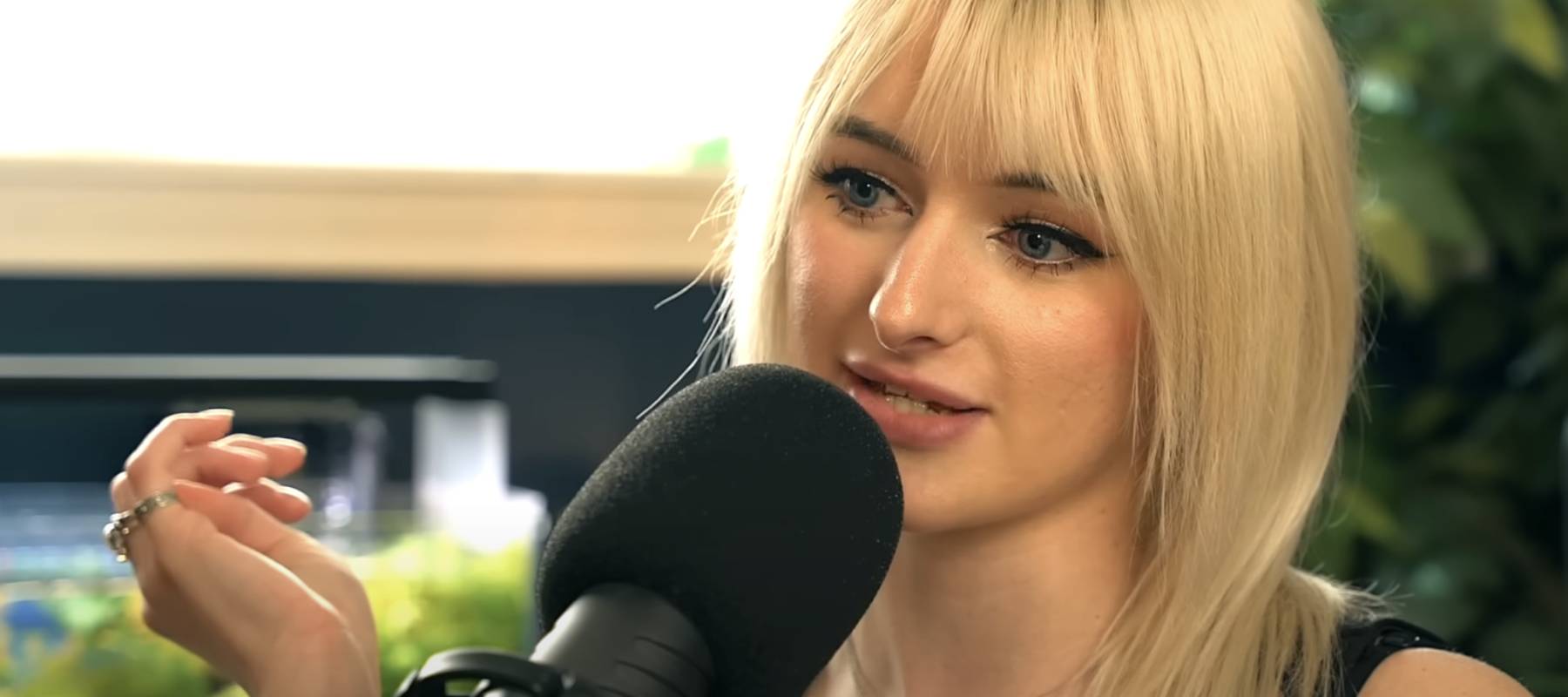-1689276460.jpg)
Best money market accounts for 2024
Campaign Creators / Unsplash
Updated: December 28, 2023
We adhere to strict standards of editorial integrity to help you make decisions with confidence. Please be aware that some (or all) products and services linked in this article are from our sponsors.
We adhere to strict standards of editorial integrity to help you make decisions with confidence. Please be aware that some (or all) products and services linked in this article are from our sponsors.
Money market accounts (MMAs) offer some of the flexibility of a checking account while paying higher interest rates like a savings account. If you want to store your cash somewhere it's easily accessible and still earn a high APY, opening a money market account is an excellent idea.
We've analyzed dozens of options from various banks and credit unions to find the best money market accounts out there.
The best money market accounts right now
1. Quontic bank
Quick Facts
APY: 3.50%
Minimum Balance Requirement: $100
Right now, Quontic has one of the best money market accounts out there that pays a whopping 3.50% APY. There's a $100 minimum opening deposit, and there aren't any monthly or overdraft fees. Like most money market accounts, you're limited to six transfers or withdrawals per statement cycle.
If you make additional transfers, you pay $10 per transfer. You can also get a free debit card for your Quontic account to make spending easier.
2. UFB Direct
Quick Facts
APY: 4.01%*
Minimum Balance Requirement: $0
UFB Direct, which is a division of Axos Bank, offers another excellent money market account, the UFB Best Money Market Account, that pays 4.01%* APY. And best of all, there's no minimum deposit requirement to open an account. However, you need to deposit $5,000 to waive fees. You get six free transfers in a statement cycle and pay $10 for every subsequent transfer.
UFB Direct also provides low-interest rate mortgage options but isn't a full-service bank. If you want additional banking and investing features, you can always open an MMA with UFB Direct and do your main banking with Axos or another bank.
* The Annual Percentage Yield (APY) is accurate as of 4/13/2023. The interest rate and corresponding APY for savings is variable and is set at discretion of the offering. This is a tiered variable rate account. Interest rates may change as often as daily without prior notice. Fees may reduce earnings.
3. Vio Bank
Quick Facts
APY: 4.55%
Minimum Balance Requirement: $100
Vio Bank is an online bank that focuses on money market accounts, high-yield savings accounts, and certificates of deposits (CDs). And with its Cornerstone Money Market Account, you currently earn 4.55% APY on all balance tiers.
Like Quontic, there's a $100 minimum funding requirement to open an account. You don't pay monthly fees, but if you make more than six withdrawals per statement cycle, you pay $10 for every extra withdrawal.
4. Ally Bank
Quick Facts
APY: 4.00%
Minimum Balance Requirement: $0
If you want to open a money market account with a full-service bank, Ally is one of our favorite options. Its money market account pays 4.00% APY on all balance tiers and there are no maintenance fees or minimum balance requirements.
Like other accounts, you get six free monthly withdrawals and pay $10 for extra withdrawals. You also get free ATM withdrawals at 43,000+ AllPoint ATMs. Ally also has plenty of other useful banking features, like an active investing side, a robo-advisor, and checking and savings accounts.
5. CIT Bank
Quick Facts
APY: 1.55%
Minimum Balance Requirement: $100
CIT Bank's money market account currently pays 1.55% APY and has a $100 minimum deposit requirement. You don't pay monthly fees and you get six free withdrawals per month. See details here.
We also like CIT Bank since it has multiple savings account options and a variety of CDs. Currently, its savings accounts pay up to 1.00% (Savings Builder, See details here.) and 4.60% (Savings Connect, See details here.) APY respectively. If you're looking for a good home for your emergency fund and various CDs, CIT Bank could be an excellent choice.
CIT Bank. Member FDIC.
6. Sallie Mae
Quick Facts
APY: 4.05%
Minimum Balance Requirement: $0
Sallie Mae is an online bank that's known for its variety of savings products and student loans. Its money market account currently pays 4.05% APY and there isn't a minimum balance requirement or any monthly fees. Its high-yield savings account pays 3.95% APY, making Sallie Mae another excellent option for parking some idle cash you're not currently investing.
One downside of some money market accounts is that certain deposit tiers don't pay very high interest rates. But with Discover's money market account, you currently earn 3.80% APY on balances under $100,000 and 3.85% APY on balances over this amount.
There aren't any monthly fees or minimum balance requirements. And Discover offers the typical monthly transaction limit of six transactions for its money market account.
8. Synchrony
Quick Facts
APY: 2.25%
Minimum Balance Requirement: $0
One final money market account you can consider is Synchrony, which currently pays 2.25% APY on all balance tiers. There's no minimum deposit requirement like some of the other top MMAs. And Synchrony also offers IRA money market accounts so you can get tax advantages plus excellent CD rates.
Factors to consider when choosing a money market account
Now that you know some of the highest-paying money market accounts out there right now, here are a few more factors to consider when making your choice:
- 1.
APY: The main reason to open a money market account is to earn more interest with your idle cash. So, compare APYs between your options to find where you can maximize your dollars. Just know that APYs are variable, not fixed, and tend to change regularly.
- 2.
Minimum Deposit Requirements: These days, many leading money market accounts don't have any balance requirements or only require $100 to fund an account. But there are sometimes higher requirements to open an account or to avoid monthly fees.
- 3.
Check Writing-Privileges: A money market account isn't as flexible as a checking account, but ideally, you should get check-writing privileges so you can still make some payments if you want to.
- 4.
ATM Access: Most money market accounts let you make six free transactions per month. Some also come with a debit card and include fee-free ATM withdrawals at certain ATM operators.
- 5.
Online vs. Branch Support: Online-only banks tend to have money market accounts with higher APYs. But if you want in-person support, going with a bank or credit union with physical branches makes more sense.
- 6.
Promotions: If you can snag cash bonuses or other freebies for opening a new money market account, it can be worth opting for a slightly lower APY.
Are money market accounts safe?
Money market accounts are a safe investment and typically have FDIC insurance up to $250,000. Banks and credit unions also use money market account funds to invest in short-term, low-risk investments like CDs and bonds to generate returns.
Who should open a money market account?
Since money market accounts are like a hybrid between a checking and savings account, there are several cases where you might want to open one. Some common uses cases for opening a money market account include:
- Having somewhere to hold your emergency fund or a cash reserve
- Earning interest on your cash without locking your money into CDs or bonds
- Earning a higher APY than a basic checking or savings account
- Keeping your extra cash somewhere safe and insured
The main downside of money market accounts is the limit of six free monthly transactions/withdrawals. And you can often find higher interest rates with some CDs, savings accounts, or inflation-proof investments like I Bonds. But for a safe and flexible place to store your emergency fund or work towards a savings goal, money market accounts are useful.
Money market account vs. money market funds – what's the difference?
A money market account is a deposit account that's like a crossover between a checking account and a savings account. You can open money market accounts at many banks or credit unions, and they provide some spending flexibility while still earning interest.
In contrast, a money market fund is a mutual fund that invests in short-term investments like commercial paper, and U.S. treasury bills. These funds are popular for investing extra cash in one's portfolio instead of letting it sit on the sidelines since money market funds invest in low-risk investments.
Methodology
At Investor Junkie, our writing and editorial teams reviewed dozens or more banks and credit unions to find the most competitive money market accounts. From there, we selected the best options based on factors like interest rates, minimum deposit requirements, potential fees, and numerous other criteria. The companies included on this list didn't influence our decision-making process or their ranking in any way.
There are still other money market accounts out there that you can consider. Also, note that interest rates are variable and are subject to change. The interest rates in this article are current as of April 5, 2023. Our editorial team regularly reviews money market account rates and updates this particular article monthly.












